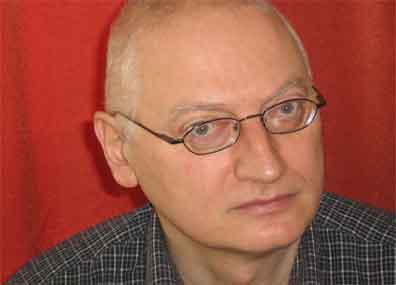Refutation systems are inference systems, just like traditional axiomatic
systems, but they generate non-valid formulas rather than valid ones. They consist of refutation axioms (which are non-valid formulas) and refutation rules (which are rules preserving non-validity).
In this tutorial the following topics are considered.
1. Examples of syntactic refutations in non-classical logics, and a general
theory of refutation systems.
2. Refutation systems and other standard methods (sequent systems,
tableau procedures, model building constructions, the finite model property).
3. Tools and techniques for proving syntactic completeness (characteristic formulas of finite algebras, normal forms and inductive completeness
proofs).
